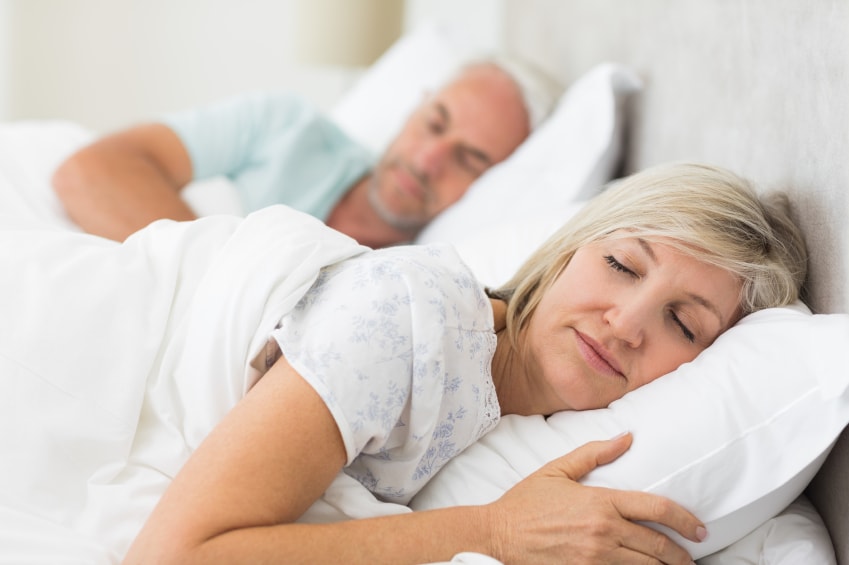
We’ve all had nights when it seems like there’s nothing we can do to fall asleep, much less stay asleep. Usually, these nocturnal frustrations can be linked back to stress, or maybe even a few too many drinks the night before, and they tend to go away within a few days. When it becomes problematic is when quality sleep continues to elude you on an ongoing basis, and more importantly, negatively impacts your personal and professional lives.
After you’ve exhausted the usual litany of over-the-counter sleep aids, it may be time to look at your sleep situation from another perspective. We usually offer our patients insights from a functional viewpoint that just might open your eyes to insomnia.
If you have trouble falling and remaining asleep ? and have low energy, irritable moods and difficulty concentrating during the day ? odds are you?re among the millions of Americans suffering from insomnia. But what might be making it so difficult for you to get a good night?s sleep ? and more importantly, what can you do about it?
Hone your hormones. When your estrogen and/or testosterone levels are out of whack, so too may be your sleep patterns. While you may not have trouble initially falling asleep, the hormonal drops associated with menopause or andropause may cause you to wake up in the wee hours and be unable to fall back to sleep. Low adrenal function can also cause what we refer to as the ?3 o?clock drop.? Around that time of the night, adrenal hormone production ? including cortisol, which regulates blood pressure ? is very low. When cortisol levels dip, your blood pressure goes down as well, and your body may immediately react by producing more adrenaline to bring that pressure back up.
Next step: Consider hormone balancing. Getting your cortisol, estrogen, progesterone and/or testosterone levels in proper balance may help you get the zzz?s your body needs.
Watch what you eat. A nutritional deficiency of essential vitamins and minerals can not only undermine your body?s well-being from a dietary standpoint, but can also wreak havoc with your digestive system. When that occurs, your body can?t effectively absorb the nutrients, microelements or vitamins it needs ? rendering it less able to produce hormones like melatonin, or neurotransmitters like serotonin, that contribute to quality sleep.
Next step: Consume a sleep-friendly diet of unprocessed fresh fruits (particularly tart cherries, which have a naturally high melatonin content), basil, nuts, seeds and omega 3-rich cold-water fish. A healthy bedtime snack may help if nocturnal low blood pressure is a concern.
Minimize or eliminate sleep-sapping habits. Even though alcohol has an initially sedative effect, it later wakes you back up again, disrupting your sleep cycle and making your sleep restless, as opposed to restorative. Smoking is equally detrimental, as the carbon monoxide in cigarette smoke reduces the amount of oxygen available in the blood. In addition, certain medications commonly prescribed for anxiety, seizures and panic disorders that work as GABA-related substances can create a virtual roller coaster of internal activities that can negatively impact sleep.
Next step: Avoid or eliminate alcohol and smoking, as well as caffeine ? especially if your body has difficulty processing it properly. If you need something before you go to bed, have a glass with honey as the milk may increase your serotonin levels. Speak with your physician about any potential sleep-related side effects associated with your medications.
You deserve a good night?s sleep. To learn more about insomnia from a holistic perspective, schedule a consultation at either of our offices conveniently located in Brooklyn (718-382-9200) or Great Neck (516-467-0253).

